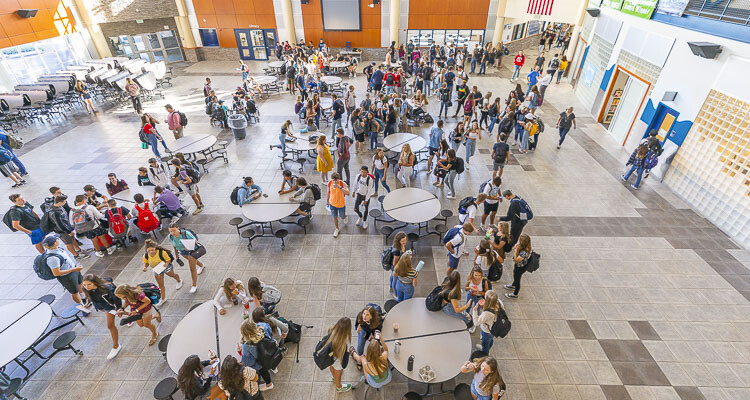
The capital gains tax, passed in 2021, added a 7 percent charge on profits of more than $250,000 from selling or exchanging assets like stocks, bonds, business interests, and more
Logan Washburn
The Center Square Washington
The state of Washington collected nearly $600 million more in capital gains tax than expected for its schools.
When legislators passed the state budget for 2023 to 2025, they planned to collect $248 million from the new capital gains tax, according to The Seattle Times. But by May 9, the state had collected $601 million more than expected, totaling $849 million.
“I don’t know why the state underestimated the revenue from this tax by so much,” said Liv Finne, director of the Center for Education at the Washington Policy Center. “Experience shows lawmakers often minimize the burden of any proposed tax.”
The capital gains tax, passed in 2021, added a 7% charge on profits of more than $250,000 from selling or exchanging assets like stocks, bonds, business interests, and more. The state Supreme Court ruled the tax constitutional in March.
The first $500 million collected from the tax will go to the state’s Education Legacy Trust Account, according to The Seattle Times. Funds beyond that will go to one-time school construction projects.
“We have very ambitious plans for our capital budget,” said Katy Payne, director of communications for the state Office of Superintendent of Public Instruction. “Additional capital gains revenue will make a big difference for our schools, particularly for districts in rural communities who face the biggest challenges in raising funds for school construction.”
In the 2017-18 school year, state data shows Washington public schools contained more than 192,000 staff and spent more than $13,000 per student for a year’s enrollment. In the 2022-23 school year, however, the state’s public schools contained more than 203,000 total staff, and spent more than $19,000 per student for a year’s enrollment.
More than 60 of the state’s superintendents made more than $250,000 in the 2021-22 school year, the highest-paid of which made more than $559,000.
“There are no accountability measures in state law which define whether schools are ‘fully funded,’” said Finne, who published some of these numbers with the WPC.
Since Washington had increased its education funding by June 2018, the state Supreme Court ruled in McCleary, et. al. v. The State of Washington that the state complied with an order to provide a “statutory program of basic education.”
This report was first published by The Center Square Washington.
Also read:
- Opinion: OIC tells consumers not to pay for ‘insurance’ you won’t likely benefit from: Does that include WA Cares?Elizabeth New (Hovde) of the Washington Policy Center believes you should consider yourself warned by the Office of the Insurance Commissioner about WA Cares and its maybe-only benefit.
- Opinion: Same road, different speed limit?Target Zero Manager Doug Dahl addresses a question about speed limit signs going into and leaving town.
- Progress being made at GRO Parade of Homes siteThe 2024 GRO Parade of Homes, presented by the Building Industry Association of Clark County, is a little more than a month away, and builders are busy completing the luxury homes before the big event, scheduled for Sept. 6 through 22 in Felida.
- Has trust in the media tanked over coverage of President Biden’s decline?After President Joe Biden’s calamitous debate performance against former President Donald Trump, and days after Biden’s decision Sunday not to seek reelection, there are still many questions about how the news media covered Biden’s mental and physical decline.
- Opinion: Hiding the growing cost of the Interstate Bridge replacementJoe Cortright of the City Observatory addresses the rising cost of the Interstate 5 Bridge replacement project.
- Letter: ‘This election I am NOT voting for Greg Cheney’Clark County resident Wynn Grcich shares her thoughts on Rep. Greg Cheney and the issue of fluoridation in area drinking water.
- Major gas line leak closes major arterial in Clark CountyFirefighters from Clark County Fire District 6 responded Thursday (July 25) afternoon to the scene of a major natural gas leak on NE 99th Street, directly in front of Columbia River High School.











